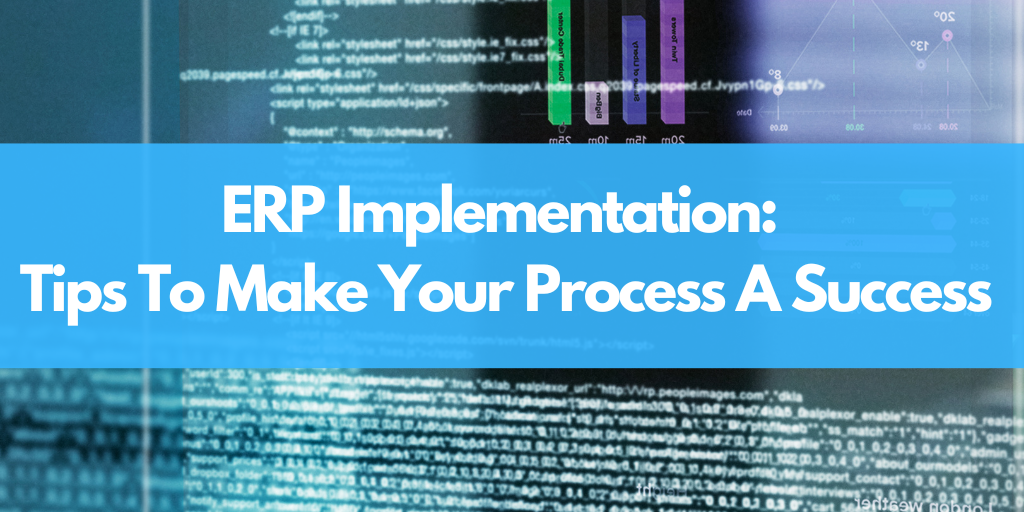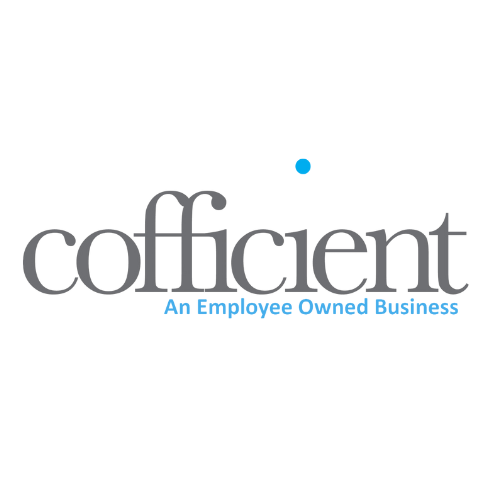
Common Challenges in ERP Implementation and How to Overcome Them
ERP (Enterprise Resource Planning) systems have become a pivotal tool for businesses worldwide. They streamline operations, provide real-time data insights, and enhance overall efficiency. However, implementing an ERP system is not without its challenges. This blog discusses these challenges, their solutions, and the immense benefits a well-implemented ERP system can bring to an organisation.
The Essence of ERP Implementation
ERP systems integrate all facets of a business — from procurement and supply chain to finance and human resources — into a unified database. This centralisation facilitates better decision-making, promotes efficiency, and helps achieve business objectives.
- Enhanced Data Access: Ensures stakeholders have access to consistent and updated data.
- Operational Efficiency: Streamlines business operations, reducing redundancy.
- Improved Reporting: Offers real-time data for informed decision-making.
Navigating ERP Implementation Challenges
While ERP systems offer numerous benefits, their implementation often presents hurdles.
- Data Migration Issues: Ensuring data integrity while shifting from old systems to a new ERP can be daunting.
Solution: Prioritise data cleaning before migration and employ specialised migration
tools.
- Resistance to Change: Employees accustomed to old systems might resist the new ERP.
Solution: Conduct training sessions and highlight the benefits of the new system.
- Budget Overruns: ERP implementations can sometimes exceed the initial budget.
Solution: Regularly monitor expenses and have a contingency budget in place.
- Customisation Difficulties: Businesses often need to customise ERP systems to fit their unique processes, which can introduce complications.Solution: Clearly define customisation needs early on and collaborate with the ERP vendor to ensure smooth integration of custom modules.
- Integration with Other Systems: ERPs might not seamlessly connect with existing systems or third-party applications.Solution: Employ middleware solutions or APIs to bridge the gap between the ERP and other software tools.
Unveiling the Benefits of ERP Implementation:
An effectively implemented ERP system is not just a tool; it’s a strategic asset.
- Cost Efficiency: Reduces operational and administrative costs.
- Scalability: Easily adapts to the growing needs of a business.
- Customer Service: Improves response time and customer satisfaction.
- Data-Driven Decision Making: ERPs provide real-time insights for informed managerial decisions.
- Enhanced Collaboration: Centralised data fosters improved inter-departmental cooperation.
Tips to Overcome ERP Challenges:
Successfully implementing an ERP system requires strategic planning and foresight.
- Clear Communication: Ensure all stakeholders are informed about the implementation process.
- Choose the Right Vendor: Partner with an ERP provider that understands your business needs.
- Regular Feedback: Gather feedback during implementation to make necessary adjustments.
ERP implementation is a significant step towards achieving operational excellence. While challenges are inevitable, proper planning and strategies can be effectively addressed. The benefits of a well-implemented ERP system far outweigh the initial hurdles, providing businesses with the tools to thrive in today’s dynamic market.
Are you considering ERP Implementation for your business? Contact our team at Cofficient, your trusted ERP Solutions partner, to discuss your needs and find ways to overcome common ERP challenges.



